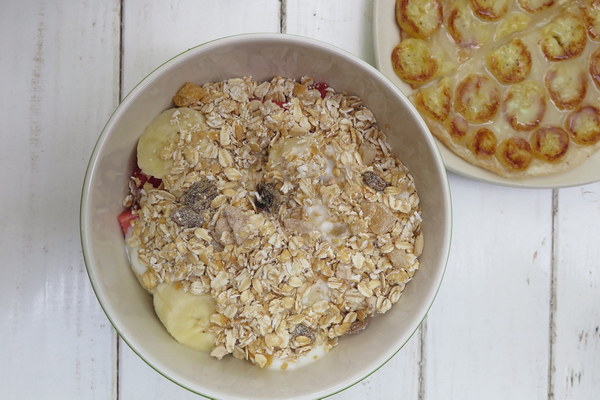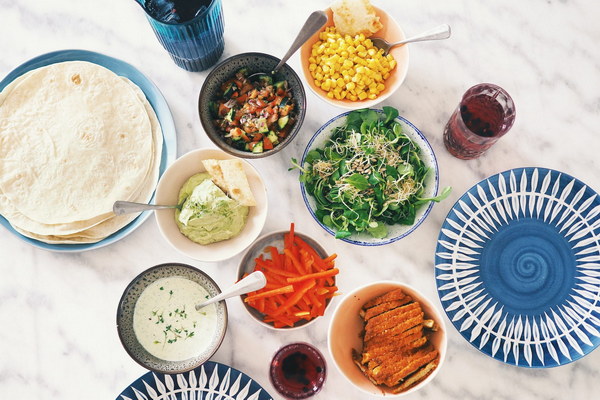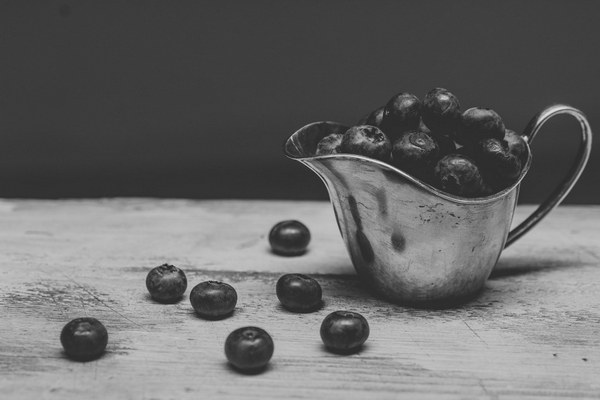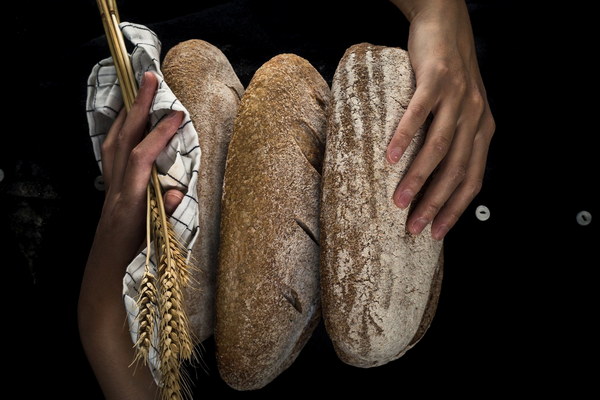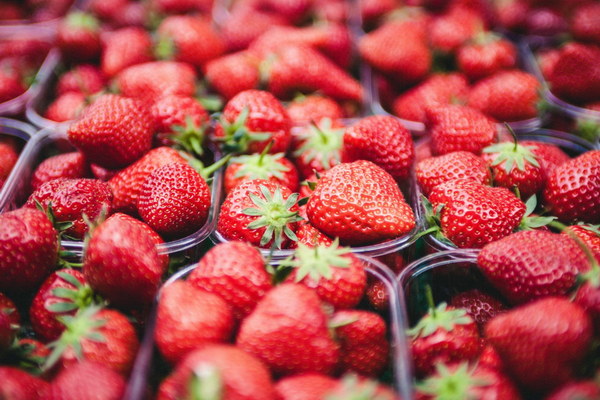Summer Nutrition for Seniors A Guide to Healthy Eating for the Elderly
As the summer sun beats down, it is crucial for seniors to adopt a nutrition plan that not only keeps them cool but also provides the necessary nutrients to maintain their health and vitality. The following guide will explore the best summer foods for seniors, offering tips on how to create a balanced and refreshing diet that caters to their unique needs.
Introduction
Summer is a time for relaxation and enjoying the outdoors, but it also poses unique challenges for seniors when it comes to nutrition. Older adults often have more sensitive digestive systems and can be more prone to heat-related illnesses, making it essential to prioritize foods that are easy to digest, hydrating, and rich in essential nutrients. This article aims to provide practical advice for seniors looking to maintain a healthy diet during the summer months.
Hydration: The Foundation of Summer Nutrition
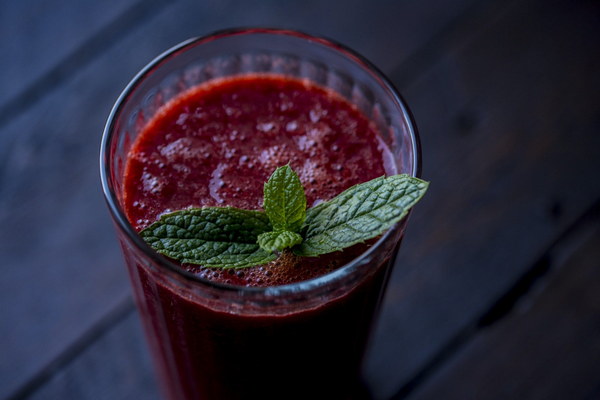
Staying hydrated is crucial during the summer, especially for seniors. Older adults are more susceptible to dehydration due to changes in their kidney function and skin, which may not sweat as effectively as younger individuals. To ensure adequate hydration:
- Water Intake: Encourage seniors to drink plenty of water throughout the day, aiming for at least 8-10 glasses.
- Hydrating Foods: Include hydrating fruits and vegetables such as watermelon, cucumbers, strawberries, and peaches in their diet.
- Herbal Teas: Offer herbal teas that are caffeine-free and help maintain hydration without the diuretic effects of caffeine.
Cooling Foods and Foods to Avoid
During the summer, seniors should focus on foods that help keep the body cool:
- Light Protein Sources: Opt for lean proteins like chicken, turkey, and fish, which are easier to digest than heavier meats.
- Vegetables: Incorporate plenty of leafy greens, such as spinach and kale, as well as vegetables like zucchini and bell peppers, which can help maintain electrolyte balance.
- Fruits: Fresh fruits like berries, melons, and citrus fruits can provide essential vitamins and minerals while also offering a refreshing taste.
Foods that are best avoided during the summer include:
- Spicy Foods: These can increase body temperature and cause discomfort or digestive issues.
- Fried Foods: High in calories and fat, fried foods can contribute to dehydration and make seniors feel warmer.
- Alcohol: In addition to its dehydrating effects, alcohol can also weaken the immune system and lead to heat-related illnesses.
Nutrient-Rich Foods for Immune Support
A robust immune system is crucial during the summer when exposure to germs is higher due to increased outdoor activities and warmer weather:
- Vitamin C: Citrus fruits, berries, and kiwi are excellent sources of vitamin C, which supports immune function and skin health.
- Vitamin E: Almonds, sunflower seeds, and avocados provide vitamin E, an antioxidant that helps protect cells from damage.
- Beta-Carotene: Carrots, sweet potatoes, and kale contain beta-carotene, which the body converts into vitamin A, essential for vision and immune function.
Easy-to-Digest Recipes
To make mealtime easier and more enjoyable, consider preparing dishes that are easy to chew and swallow:
- Salads: Combine a variety of vegetables with light dressing for a nutritious and refreshing meal.
- Smoothies: Blend fruits with yogurt or a milk alternative for a hydrating and filling snack or breakfast.
- Soup: A warm broth-based soup can be soothing and is easy to digest.
Conclusion
Maintaining a healthy diet during the summer can be challenging, but it is essential for seniors to prioritize hydration and consume nutrient-rich foods. By following these guidelines, seniors can enjoy the summer season while keeping their health and well-being at the forefront. Remember, it is always a good idea to consult with a healthcare professional or a registered dietitian when making significant changes to your diet.




